Transform your business with our AI solutions. Improve performance and see real growth.

100+
AI-driven projects for companies from all over the world in diverse areas of expertise
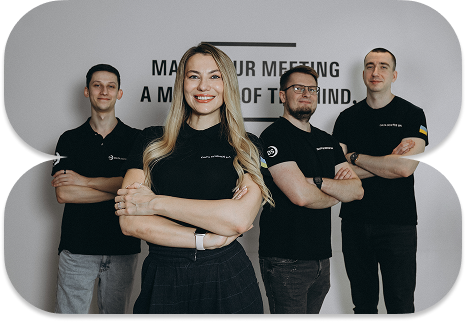
80+
AI experts in the team including PhDs and industry leaders in AI development
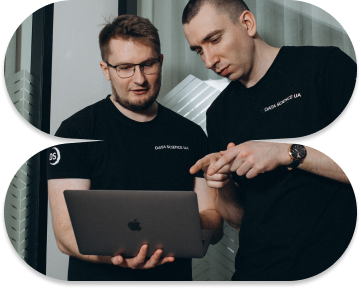
Our artificial intelligence development services
We specialize in creating advanced AI solutions that drive efficiency, enhance customer experiences, and foster innovation.
AI Consulting
Discover how our AI consulting services can transform your business. We provide expert guidance to help you harness the full potential of AI development services, ensuring your strategies are aligned with cutting-edge technologies and industry best practices.
AI App Development
Our AI app development services deliver innovative AI-driven solutions, whether you’re building custom applications or enhancing existing ones. Our expert team provides the best artificial intelligence development services, driving business growth and efficiency.
Data Science Services
Our data science services encompass data analysis, visualization, and machine learning modeling. We provide comprehensive AI software development solutions that turn data into actionable insights, enabling businesses to make data-driven decisions.
Computer Vision
Our computer vision services enable machines to interpret and make decisions based on visual data. From image recognition to video analysis, we offer AI development solutions that enhance operational efficiency and accuracy.
Natural Language Processing
Enhance your business communication and automate text-based processes with our natural language processing services. We build AI-powered NLP solutions that understand, interpret, and generate human language for various applications.
Generative AI
Our generative AI services include text generation, image creation, audio effects, and voice synthesis. We leverage advanced AI models to create content in specific styles and formats tailored to your needs, making use of our robust artificial intelligence software development services.
Audio Processing
Our audio processing services enhance the quality and functionality of audio data. We offer solutions for speech recognition, audio enhancement, and sound analysis to improve user experiences and operational capabilities.
Our expertise
Empowering businesses to explore the potential of AI through customized AI development services.
Computer Vision
- Object Detection
- Image Segmentation
- OCR (Image-to-Text Recognition)
- Surveillance and Security
- Pose Estimation & Gestures Recognition
LLM – Text Recognition & Classification
- Text recognition from various sources
- Object detection and classification from text data
- Mobile applications and edge devices support
LLM – Text Generation & Extraction
- Text generation
- Text classification
- Information extraction
AI-Empowered Chatbots and Assistants
- Chatbots with AI capabilities
- Expert AI assistants for various tasks
- Scrapers supported by LLM for data extraction and analysis
Tabular data analysis and time series forecasting
- Data Segmentation/Clusterization
- Target Predictions
- Instance Classification
- Forecasting and Predictive Maintenance
Signal processing
- Sensor fusion
- Data generation
- Predictive maintenance
- Radar Data Processing
- Biomedical Signal Processing and Health Monitoring
Technology we work with
Development technology stack for high-quality solutions that bring tangible results.
Why
Data Science UA
Empowering businesses to explore the potential of AI through customized development services.
Expertise and Innovation
- Cutting-edge solutions: Latest AI technologies for tailored business solutions.
- Experienced team: Skilled data scientists, engineers, and AI specialists.
Comprehensive Services
- End-to-end development: Full AI development services from data collection to model deployment.
- Customized approach: Tailored solutions for unique business needs using artificial intelligence development solutions.
Proven Track Record
- Successful projects: Numerous successful AI projects across various industries.
- Client satisfaction: High client satisfaction through quality and excellence.
Advanced Technologies
- State-of-the-art tools: Advanced AI tools for optimal performance and scalability.
- Integration capabilities: Seamless integration with existing systems.

Continuous Support
- Ongoing maintenance: Continuous support and maintenance for smooth operations.
- Performance monitoring: Regular monitoring and updates for effectiveness.
Competitive Advantage
- Accelerate growth: Enhance decision-making, efficiency, and innovation.
- Cost-effective: High-quality AI solutions with strong return on investment, offered by a leading AI software development company.
Empowering businesses to explore the potential of AI through customized development services.
Why Data Science UA
Empowering businesses to explore the potential of AI through customized development services.
Expertise and Innovation
- Cutting-Edge Solutions: Latest AI technologies for tailored business solutions.
- Experienced Team: Skilled data scientists, engineers, and AI specialists.
Comprehensive Services
- End-to-End Development: Full AI development services from data collection to model deployment.
- Customized Approach: Tailored solutions for unique business needs.
Proven Track Record
- Successful Projects: Numerous successful AI projects across various industries.
- Client Satisfaction: High client satisfaction through quality and excellence.
Advanced Technologies
- State-of-the-Art Tools: Advanced AI tools for optimal performance and scalability.
- Integration Capabilities: Seamless integration with existing systems.
Continuous Support
- Ongoing Maintenance: Continuous support and maintenance for smooth operations.
- Performance Monitoring: Regular monitoring and updates for effectiveness.
Competitive Advantage
- Accelerate Growth: Enhance decision-making, efficiency, and innovation.
- Cost-Effective: High-quality AI solutions with strong return on investment.
Empowering businesses to explore the potential of AI through customized development services.
Empower your business with AI
Transformative AI solutions are just a click away. Connect with us now!
The development process
Our simple and efficient process ensures top-quality AI solutions from start to finish.
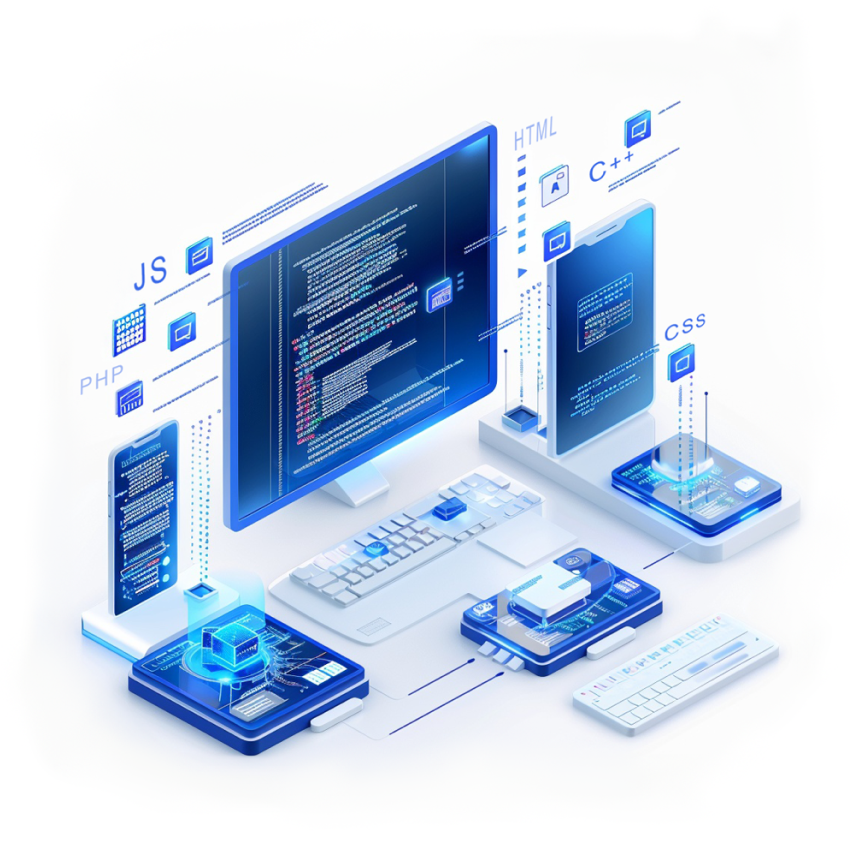
Industries where our AI development services are needed

Pharmaceutical
Accelerating drug discovery with advanced analytics and ML.
- NLP algorithms
- Real-time Analytics
- Custom Dashboards
- Predictive Modeling
Pharmaceutical

Fintech
Improving safety and speed in financial services.
- Advanced Fraud Detection
- Personalized Banking
- Custom Dashboards
- Efficient Risk Management
Fintech

Manufacturing
Enhancing workforce well-being and operational success with customized AI solutions.
- Adaptive Manufacturing AI
- Real-time Analytics
- Custom Dashboards
- Resource Optimization
- Error-Free Automation
Manufacturing

Chemistry
AI transforms the chemistry industry with advanced data-driven solutions.
- Molecular Modeling and Simulation
- Predictive Chemical Synthesis and Reaction Monitoring
- Custom Data Visualization and Real-Time Optimization
Chemistry

Retail & E-commerce
Transforming the shopping experience with innovative data solutions and AI.
- Personalized Recommendations
- Real-time Inventory Management
- Customer Behavior Analytics
- Predictive Sales Forecasting
Retail &
E-commerce

Green Energy
Revolutionizing renewable energy with cutting-edge technology and data insights.
- Smart Grid Optimization
- Real-time Energy Monitoring
- Predictive Maintenance
- Custom Energy Dashboards
Green Energy
Case studies


Outreach platform for sales acceleration and risk reduction
Released real-time audio and text recognition for instant seller info, added video and audio customization, and improved multi-language audio data annotation.


A platform for analysis and strategic insights extraction
Improved the system by moving it to AWS managed services, reduced costs by over 20%, and designed features focusing on user needs for future updates.


Platform for 24/7 real-time safety monitoring
Improved factory software for better safety monitoring, integrated real-time location and sensor data, and built original tools and interfaces for efficient risk management.
Our awards and recognitions
Explore the prestigious awards we’ve received, showcasing our dedication to excellence and innovation in AI solutions.
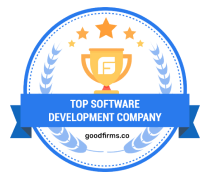


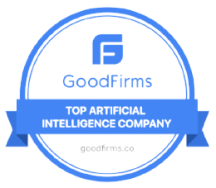

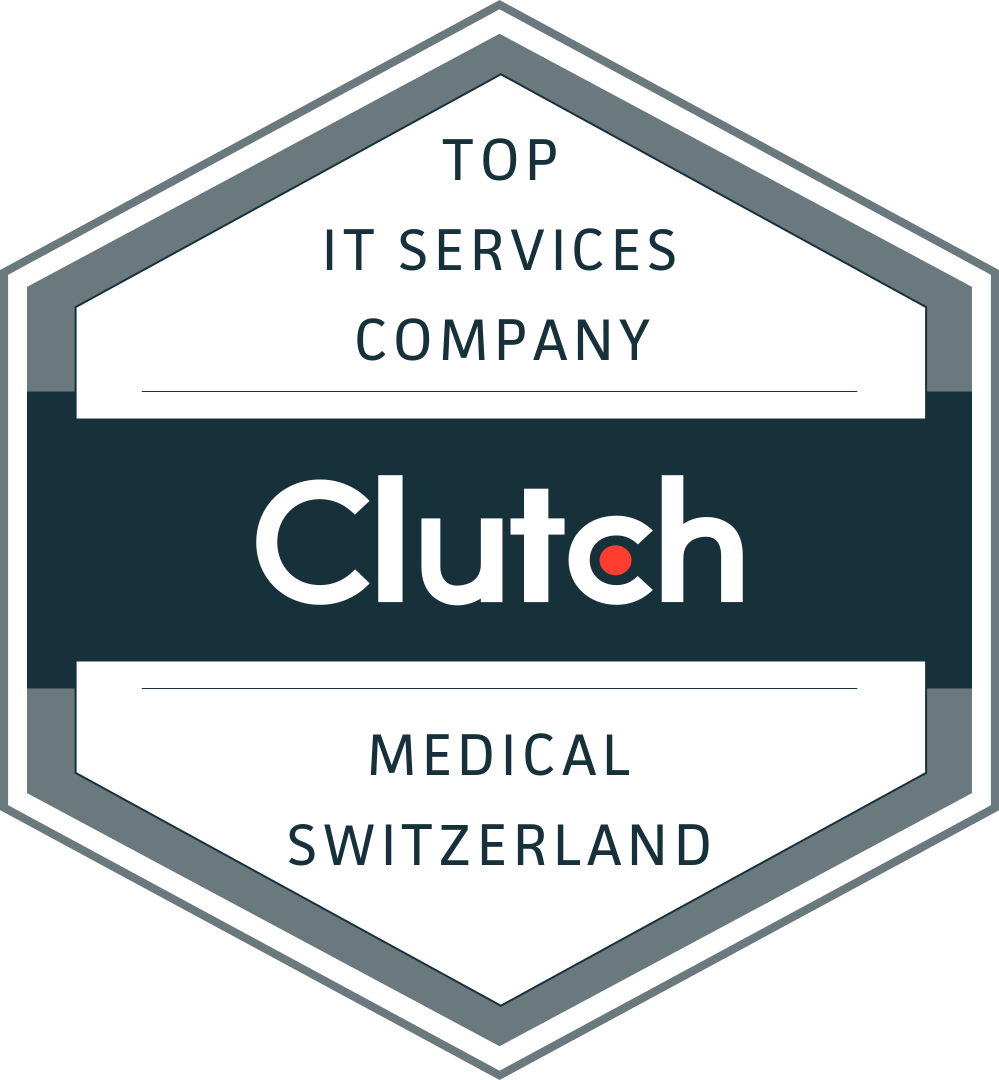


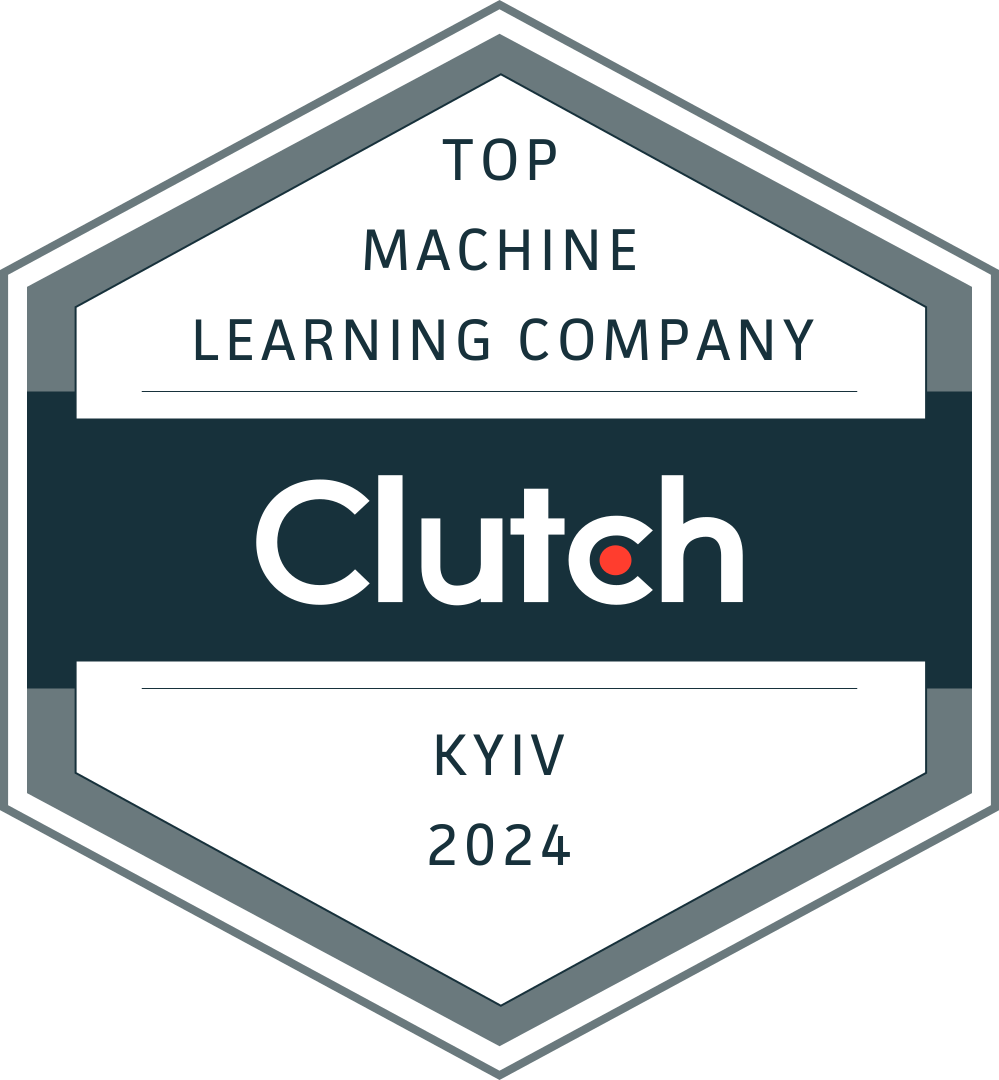











What clients say about us:


High quality, authority, responsibility.


We think that they have the best pool of AI talents in Ukraine.


Their recruiting standards are definitely worth mentioning.
What clients say about us:
Let’s transform your business with AI!
Schedule a call to connect with us.
FAQ
What is AI development?
AI development involves creating software and systems that can perform tasks requiring human intelligence, such as learning, reasoning, problem-solving, and understanding language.
How can AI integration improve my business?
AI integration can revolutionize your business by automating repetitive tasks, enhancing decision-making through data analysis, improving customer experiences with personalized interactions, and optimizing operational efficiency. With AI, you can gain valuable insights, streamline processes, and stay competitive in an ever-evolving market.
How long does it take to develop an AI solution?
The timeline for developing an AI solution varies depending on the project’s complexity, scope, and specific requirements. On average, it can take anywhere from a few months to over a year.
What kind of AI solutions do you offer?
We offer a range of AI solutions, including machine learning models, natural language processing, computer vision, predictive analytics, and custom artificial intelligence app development services tailored to your business needs.
How do you handle data privacy and security?
We prioritize data privacy and security by implementing robust encryption, access controls, and compliance with relevant regulations. As ai development company we ensure that your data is handled securely throughout the development process.


